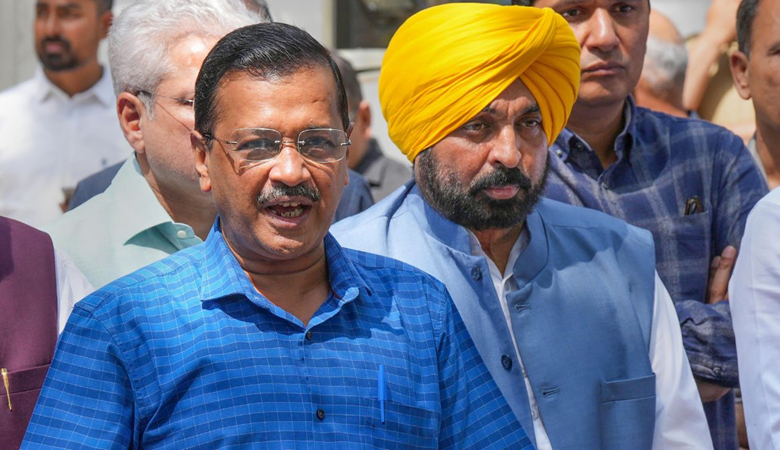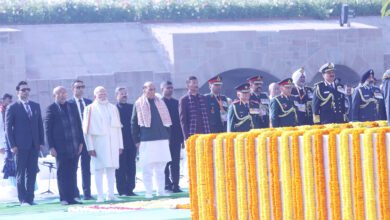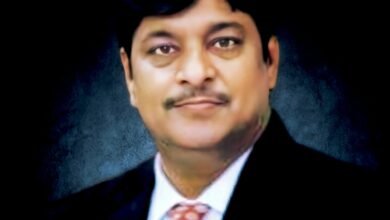Arvind Kejriwal Faces Major Setback as Delhi HC Rejects Plea Against CBI Arrest

News Mania Desk/Agnibeena Ghosh/5th August 2024
In a significant blow to Chief Minister Arvind Kejriwal, the Delhi High Court has dismissed his plea challenging the arrest by the Central Bureau of Investigation (CBI) related to the excise policy case. This decision, handed down on Monday, marks a critical juncture in the ongoing legal battle concerning the alleged excise policy scam.
The Delhi High Court had reserved its judgment on Kejriwal’s plea on July 17, following comprehensive arguments from both Kejriwal’s defense team and the CBI’s counsel. Kejriwal’s arrest, which took place on June 26 while he was already in Tihar Jail, has been a contentious issue. His legal team argued that the arrest was a tactical move designed to ensure his continued imprisonment, dubbing it an “insurance arrest.” They contended that there was no substantial evidence warranting his arrest and that the CBI’s actions were merely to ensure he remained behind bars.
On the contrary, the CBI’s counsel refuted these claims, emphasizing that Kejriwal was a central figure, or “sutradhaar,” in the excise scam. They argued that there was concrete evidence supporting his involvement in the alleged corruption, justifying his arrest and continued detention.
Kejriwal’s legal troubles began escalating earlier this year when he was arrested by the Enforcement Directorate (ED) on March 21 in a related money laundering case. Although he was granted bail by the trial court in the money laundering case on June 20, the Delhi High Court stayed this order, complicating his legal standing further. On July 12, the Supreme Court intervened, granting him interim bail in the money laundering case, offering a temporary reprieve.
The roots of the controversy lie in the excise policy, which was scrapped in 2022 following orders from the Delhi lieutenant governor for a CBI investigation into alleged irregularities and corruption. The CBI and ED allege that significant irregularities occurred during the modification of the excise policy, with undue favors being extended to license holders. This probe has led to multiple arrests and a thorough examination of the policy’s formulation and execution.
The Delhi High Court’s latest ruling is a pivotal moment in the case, as it keeps Kejriwal entangled in the legal web spun by the corruption allegations. His arrest by the CBI, which followed a sequence of legal maneuvers and accusations, has underscored the complexity and high stakes of the investigation.
As the political and legal drama continues to unfold, Kejriwal’s position as Chief Minister and his political future remain under intense scrutiny. The allegations and the subsequent legal actions have not only impacted his reputation but have also stirred significant political discourse in Delhi and beyond.
Kejriwal’s defense team has consistently portrayed the arrests and charges as politically motivated attempts to undermine his leadership and the Aam Aadmi Party’s (AAP) governance. Meanwhile, the investigating agencies maintain that their actions are based on solid evidence of wrongdoing and are necessary to uphold the rule of law. The broader implications of this case extend to the political landscape of Delhi, as it brings into focus the intricate balance between governance, legal accountability, and political maneuvering. The ongoing developments are closely watched by political analysts, legal experts, and the public, all awaiting the next chapter in this high-profile saga.






